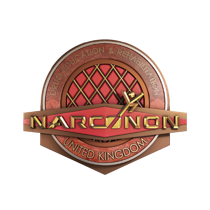Guilt as a Barrier to Recovery

The Oxford English of Dictionary defines guilt as ‘A feeling of having committed wrong, or failed in an obligation.’
Guilt is often a deeply painful and personal emotion. In fact, it is regularly a big contributor to the cycle of addiction. Guilt can lead someone to drugs, it can fuel the continuing use of drugs, and affect a user who is trying to go sober.
Drug abusers often carry a tremendous amount of guilt. Actions committed while high are often out of character and definitely not survival. While getting clean, the clearer eyes of the addict often see this, and guilt can kick in even harder. Knowing that these actions would never have taken place while sober can be a tough thing to face.
Guilt is often felt for these reasons:
- Financial damages
- Impact on family
- Damage to themselves such as health problems
- Low self-esteem
- Regret for things said or done to others
Typically, those abusing substances live a cycle of lying and deception. This involves committing dishonest acts, lying or hurting friends and family, isolating themselves, and of course—breaking the law.
Lifestyle
When a person gets sober and gives up the old lifestyle, and wrongs that were associated with it, something needs to be done about all the guilt that is being carried around with them.
The answer is to sit down and do a thorough examination of all wrongdoings, all actions that resulted in harm towards self and others, this can include actions not taken that also resulted in harm towards self and others.

By confronting the actions and inactions that led to guilt, those in recovery can come to terms with the past and begin to let it go. This is a vital step for beginning a better future, as years of negative thoughts about self can begin to be replaced by a clear conscience that can be used to create an improved life.
Our rehabilitation programme includes steps to help one confront the guilt of the past and learn how one may overcome it. For more information about our programme, contact us.


